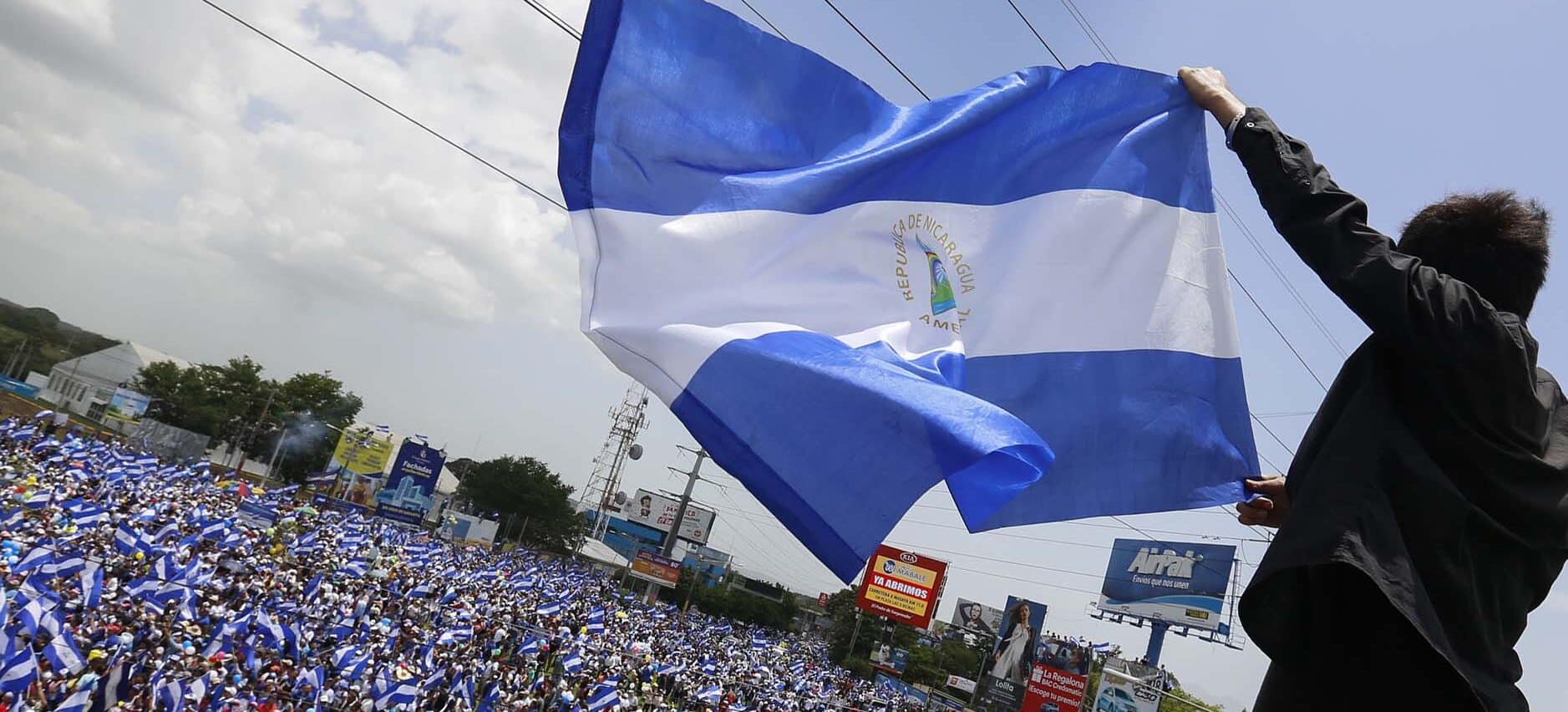
Nicaragua has officially withdrawn from the Organization of American States (OAS), a decision that the U.S. State Department has described as a deviation from democratic principles. This move comes after prolonged criticism from the OAS regarding human rights violations under President Daniel Ortega and Vice President Rosario Murillo’s leadership. Ortega, who began the process of withdrawing from the OAS in November 2021, has consistently rejected the organization’s criticisms. U.S. State Department spokesman Matthew Miller commented on the withdrawal on X, a social media platform, stating that the Ortega/Murillo regime’s action further isolates Nicaragua from the international community.
The OAS, which Nicaragua has been a part of since 1950, has vowed to continue monitoring the country’s democracy and human rights record. A resolution by the OAS permanent council earlier this month emphasized the organization’s commitment to promoting respect for human rights in Nicaragua. Arturo McFields, Nicaragua’s former representative at the OAS who publicly denounced Ortega and Murillo in 2022, expressed disappointment over the withdrawal but found encouragement in the OAS resolution.
Ortega’s government has been accused of suppressing dissent and critical voices since the street protests in April 2018, which were violently quelled. The government’s targets have included private universities, the Roman Catholic Church, civil society organizations, and individuals, with many driven into exile.
This withdrawal from the OAS followed international condemnation of Nicaragua’s elections, widely viewed as flawed, which led to Ortega’s latest term. Nicaragua’s departure from the OAS marks a significant moment in Latin American politics, as the country follows Venezuela, which left the organization in 2019.



 and then
and then